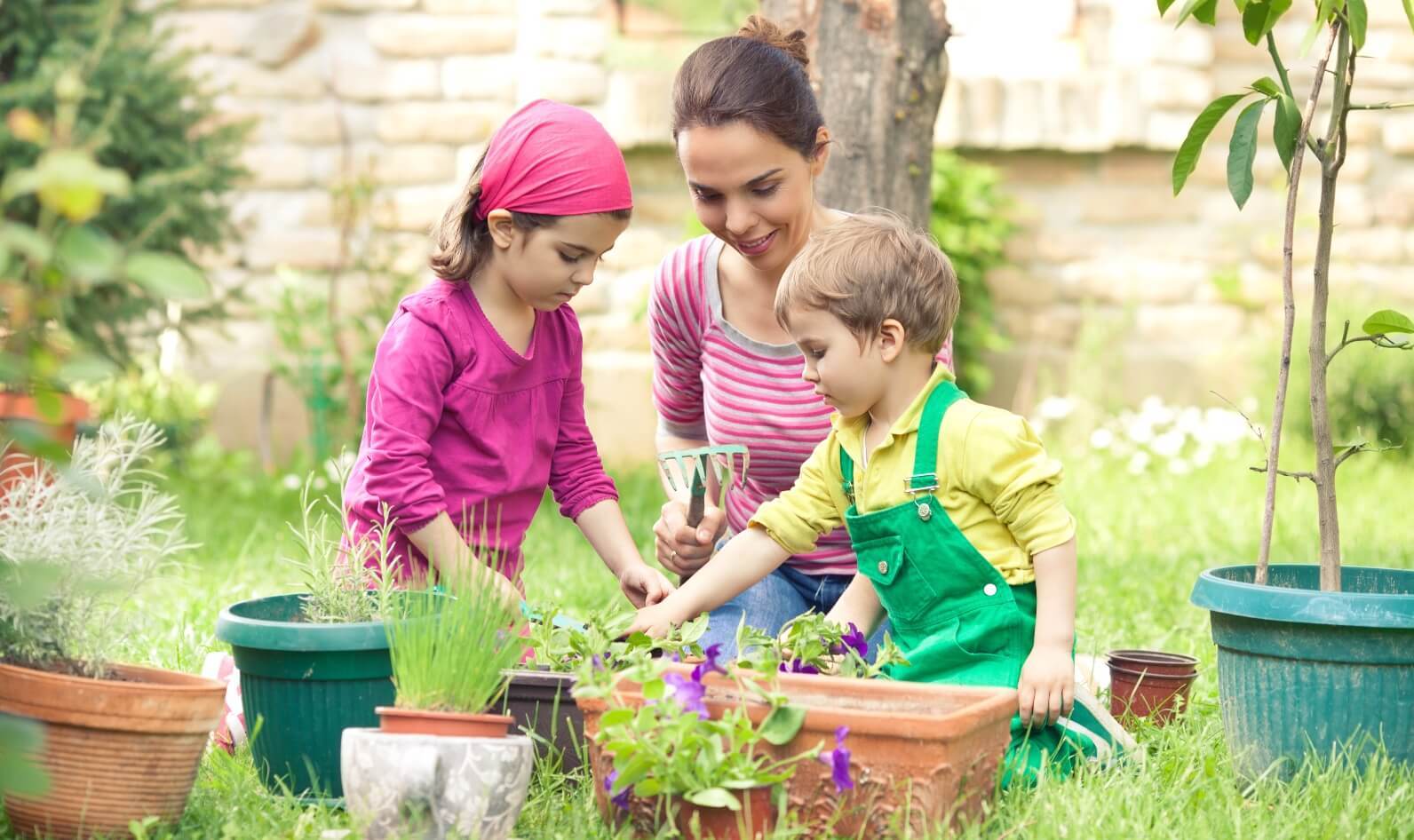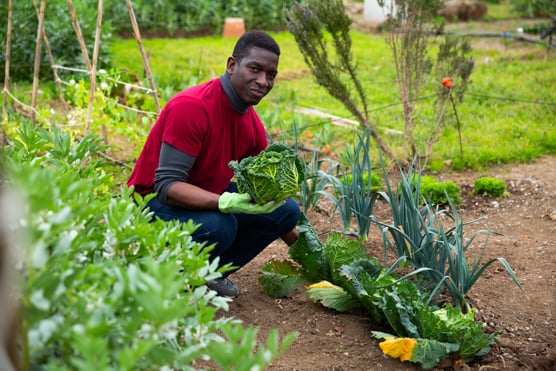Top Gardening Methods to Boost Plant Development and Wellness
Top Gardening Methods to Boost Plant Development and Wellness
Blog Article
Opening the Advantages of Gardening: A Detailed Appearance at the Different Kinds and Their Effect on Well-Being
Exploring the complex benefits of gardening exposes a spectrum of methods that considerably enhance private wellness. From veggie and herb gardens to container and raised bed configurations, each type provides distinctive advantages that extend past simple farming. These tasks not just foster physical wellness with energetic interaction yet likewise add to mental wellness by relieving stress and anxiety and encouraging mindfulness. As we check out these diverse horticulture techniques, it ends up being apparent that their influence can reverberate on individual, social, and environmental degrees, prompting a more detailed take a look at how these connections form a cohesive story of all natural health.
Types of Horticulture

Blossom horticulture, one more popular group, highlights the aesthetic appeal of cultivated flowers. This type can improve landscapes and promote biodiversity by attracting helpful pollinators. Likewise, herb horticulture entails growing fragrant and cooking plants, contributing both to food preparation and all-natural solutions.
Container gardening offers adaptability, allowing individuals with minimal room to participate in horticulture by utilizing pots and planters. This method is especially preferred in urban setups. Increased bed horticulture, on the various other hand, involves developing elevated plots that enhance dirt water drainage and access, making it much easier for garden enthusiasts to handle their plants.
Last but not least, neighborhood horticulture cultivates partnership amongst people in shared rooms, advertising social interaction and cumulative responsibility. Each kind of horticulture serves unique functions and accommodates various preferences, making gardening a versatile activity that can be customized to individual needs and environments.
Mental Health Advantages
Engaging in numerous kinds of horticulture not only yields tangible incentives such as fresh fruit and vegetables and stunning flowers yet also provides substantial mental health advantages. Research study suggests that gardening can be an effective tool for decreasing stress and anxiety, anxiety, and anxiety. The act of tending to plants and growing a garden fosters a sense of purpose and accomplishment, which can enhance overall psychological health.
Moreover, horticulture motivates mindfulness, as it requires people to concentrate on the existing moment, whether it be growing seeds or nurturing development. This mindfulness method can bring about minimized rumination and improved state of mind security. The exposure to all-natural environments throughout gardening has actually likewise been linked to boosted cognitive operating go to the website and reduced feelings of fatigue.
Social communication plays a critical duty in psychological wellness, and neighborhood horticulture initiatives give opportunities for people to get in touch with others, cultivating a feeling of belonging. The common experience of horticulture can cultivate relationships and assistance networks, additionally strengthening psychological resilience.
Physical Wellness Benefits
Numerous people might not realize that gardening additionally offers substantial physical health benefits. Taking part in horticulture activities needs an array of physical activities, including flexing, lifting, excavating, and growing, which collectively add to better toughness, flexibility, and endurance. These activities can boost cardio health and wellness by advertising an elevated heart price, thereby decreasing the risk of cardiovascular disease.
Additionally, horticulture can act as a moderate-intensity exercise, assisting individuals accomplish suggested physical activity levels. Researches indicate that normal engagement in gardening can melt considerable calories-- roughly 200-400 calories per hour, relying on the intensity of the jobs carried out. Such calorie expense is helpful for weight administration and overall metabolic wellness.
Furthermore, direct exposure to sunshine during horticulture can help with the synthesis of vitamin D, which plays a crucial duty in maintaining bone health and supporting immune function. Additionally, the act of horticulture commonly involves dealing with soil, which has been linked to prospective psychological and physical health and wellness advantages as a result of the visibility of useful bacteria. Gardening.
Social Links Through Horticulture
The public facets of gardening foster meaningful social links amongst individuals. Neighborhood gardens, specifically, work as lively hubs where people from varied backgrounds come with each other, growing not just plants but also relationships. These shared rooms motivate partnership, enabling individuals to exchange knowledge, skills, and sources, consequently improving their gardening experience and promoting a sense of belonging.
Interaction in gardening activities frequently results in the formation of friendships and assistance networks. Participants regularly join for usual objectives, such as planting seasons, harvest celebrations, or educational workshops, which enhance interpersonal connections and create a sense of advice community. Such communications can relieve sensations of isolation and enhance psychological health, as individuals find friendship and friendship in shared undertakings.

Ecological Influence of Gardening
Horticulture considerably adds to environmental sustainability in several methods. Among the most remarkable advantages is the improvement of biodiversity. Home gardens offer vital habitats for different types, including pollinators such as bees and butterflies, which are necessary for environment wellness. By cultivating varied plant varieties, gardeners can create a well balanced atmosphere that supports both flora and animals.

Additionally, gardens play an essential role in water preservation. Well-planned landscapes, consisting of native plants and xeriscaping, like it minimize water use and stop overflow, thus securing neighborhood rivers from pollution.
Final Thought

The varied types of gardening-- consisting of veggie, flower, herb, container, and elevated bed-- add to psychological and physical health, foster social links, and advertise environmental sustainability. By involving in gardening techniques, people can experience improved quality of life while likewise sustaining area bonds and ecological wellness.
Report this page